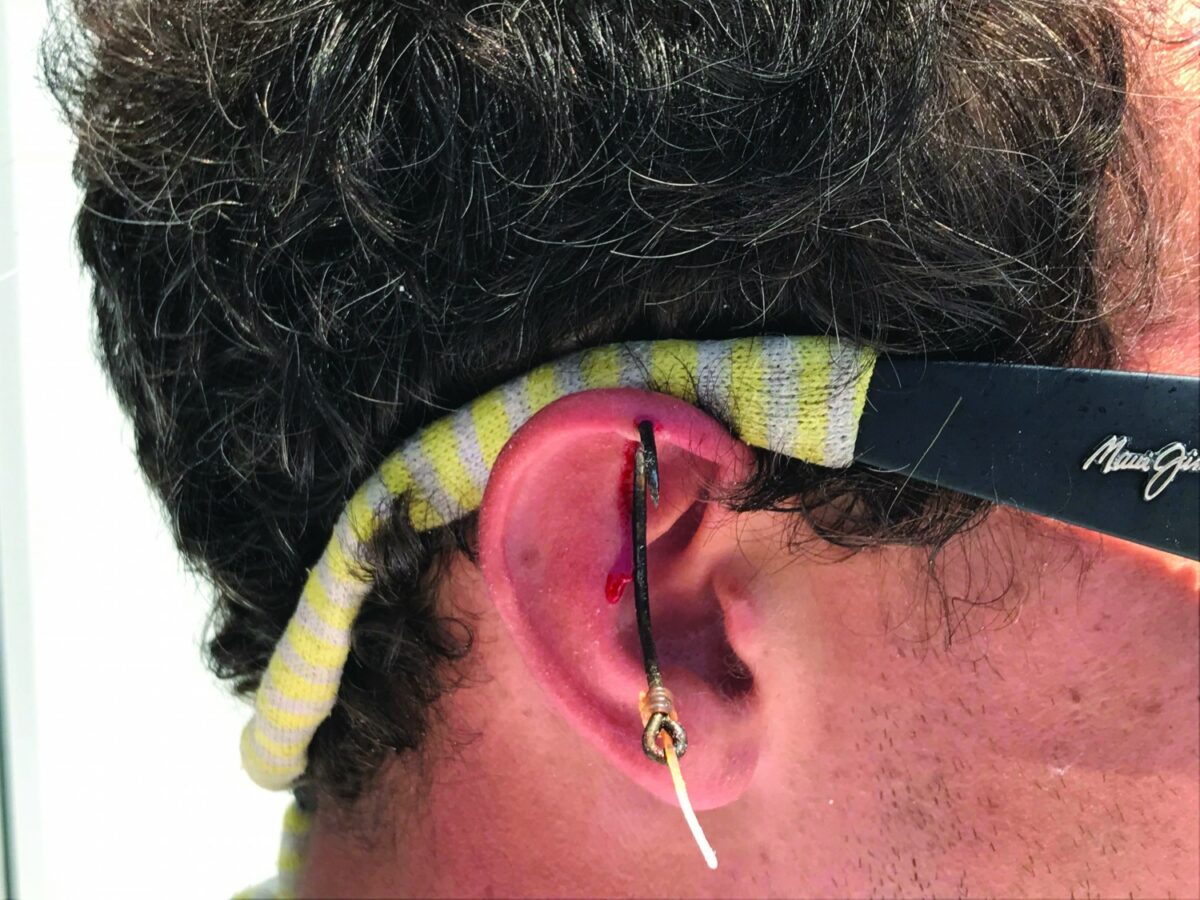The Perils of the Paper Captain
"Paper Captain. That the term I use for some of these so-called captains that are at the helm of multimillion-dollar sportfishing boats these days. Paper Captains dont have a clue as to how or what it takes to maintain or operate these vessels. Let be honest”a captain license is not a
















